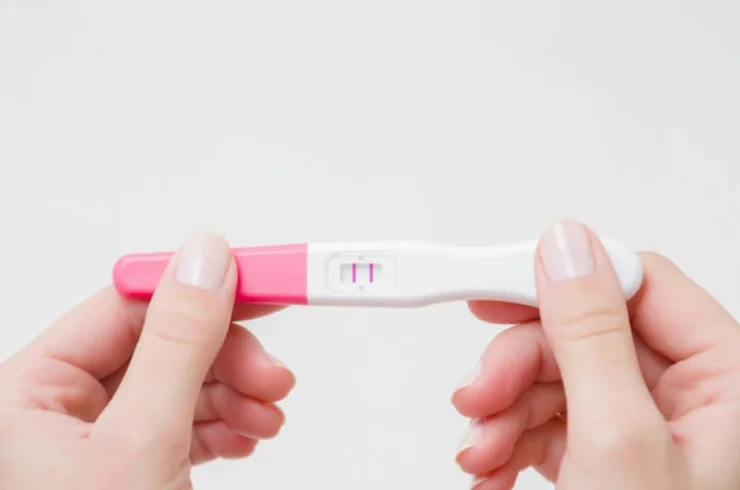Pregnancy Testing

Pregnancy Testing
Pregnancy testing is a reliable diagnostic procedure used to confirm pregnancy by detecting specific hormones or markers in urine or blood. It is a simple yet highly accurate method that provides early and timely confirmation of pregnancy, allowing individuals to make informed decisions about their health and prenatal care.
How Pregnancy Testing Works
Pregnancy tests detect the presence of human chorionic gonadotropin (hCG), a hormone produced by the placenta shortly after a fertilized egg implants in the uterus. The levels of hCG rise rapidly during early pregnancy, making it a reliable marker for confirmation.
Types of Pregnancy Tests
Urine-Based Pregnancy Test:
- A quick and non-invasive method performed using test kits.
- Provides results within minutes and is highly sensitive for early detection.
Blood Pregnancy Test:
- Measures hCG levels more precisely than urine tests.
- Includes two types:
- Qualitative Test: Confirms the presence of hCG to indicate pregnancy.
- Quantitative Test: Measures the exact hCG levels to monitor pregnancy progression.
Why Pregnancy Testing Is Important
Early detection of pregnancy is crucial for initiating prenatal care, which ensures the health and well-being of both the mother and baby. It helps in identifying high-risk pregnancies, managing underlying health conditions, and planning for the required medical care.
Pregnancy tests are widely available, affordable, and easy to use, offering privacy and convenience. For more accurate and comprehensive evaluation, follow-up consultations with healthcare professionals are recommended.
With advancements in diagnostic technology, modern pregnancy tests ensure rapid and precise results, making them an indispensable tool in reproductive health and family planning.
